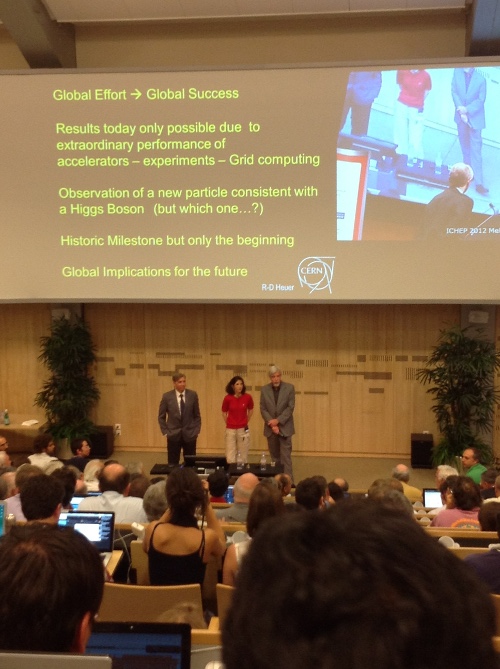This morning, over breakfast at the B&B where I am staying in Cincinnati, I saw that the New York Times ran a cover article on Alan Greenspan. It was a retrospective – given the mess the economy is in, what does he say now looking back? They highlighted quotes from Greenspan, such as his statement in 2004 that the economy was more resilient than ever, not subject to shocks.
The article then talked about derivatives, which are a monetary instrument that bundles risk and takes it from those who cannot afford it to those who should be able to. The Times asked Greenspan, who staunchly supported this device, whether he still thought it was a good idea. He said that the problem was not derivatives – they are still a fine instrument – but rather that people got greedy.
I find this view from a noted economist to be . . . well . . . naive. Greed is a powerful aspect of economics, a force to be reckoned with especially when major hubs in the economy – banks, financial brokers – are the executors of that greed. How can a monetary instrument be divorced from the possibility of greed in the economy?
The economy is not a spherical cow of uniform density. It is not an ideal gas. It is not a homogeneous medium. It is a living macroorganism with millions of moving and interrelated parts, an ecosystem of excess and reward, giving and greed, booms and busts. If money is the blood, then greed, generosity, good and bad intentions are the competing vectors trying to gain access to the bloodstream for their own ends.
Physicists are often heard saying, especially when very young, “I treated this gas as ideal. I was supposed to get answer X, but instead I got answer Y, which is only a little different from X. There must be a problem with the directions or the setup.” Most of the time, the student comes to learn the problem is with their assumptions. Physics teachers often mix in a doozy of a test subject in a lab where only ideals are supposed to be treated. This alters the results from what’s expected, to what’s unexpected. It is incorrect to simply state the assumptions are correct, but the procedure or the equipment were faulty. A good experimental physicist instead asks, “How can I test my assumptions?” A good economist should be no different.
Ignoring greed in economics is like saying, “The Standard Model is an excellent description of nature. The problem is, nature happens to have a lot of dark matter and dark energy that aren’t predicted by the Standard Model.” No. No. No. The Standard Model must be the problem, not nature.
When I was a grad student, we learned about the Greens Function. Many problems can be completely solved in terms of it. The catch? Getting the form of a Greens Function appropriate to the complete solution is often very hard. You know the solution has the properties of a Greens Function, but you are left to actually find its form.
We need a Greens Function for greed. I bet most economic calculations need to include it, and if it doesn’t already exist we should assume it plays a role in everything. It may not actually tell us anything more about the economy, but at least an economist is then free to say, “Derivatives are an excellent monetary instrument in all cases, except with the coupling of the instrument to the Greed Function is large.” Then, at least, we know what we’re in for.



One thought on “A Greens Function for Greed”
That’s a pretty ridiculous quote from Greenspan. The economy functions because of greed. If people did not try to optimize to maximize profit and minimize costs, economics would not work at all. Maximizing profits is the very definition of greed and you can’t fault anyone for maximing harder or better than someone else.
As far as I can tell from my vantage point across the pond, the problem is not derivatives, but the creation of securities with an inappropriate valuation of their risk, and some outright fraud in selling mortgages to people who could not afford them. Unfortunately, those people sold the mortgages upstream and got out quickly. But, they are the ones that need to be dealt with, not derivative securities.
So, prosecute the fraud among mortgage bankers, prosecute the people that repackaged them as AAA securities, and set up a few regulations to make sure it can’t happen again. The derivatives are not a problem, as long as their risk evaluation is honest and accurate. You’ll never stop people creating derivatives or mutual funds with all kind of odd algorithms with respect to what they buy and sell. Nor should you.